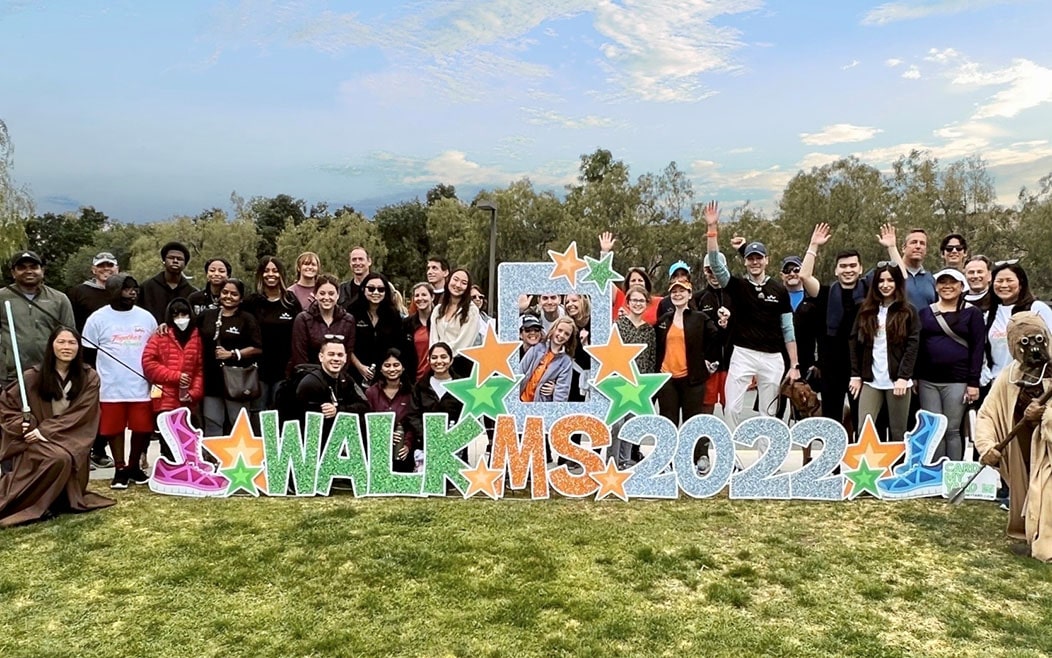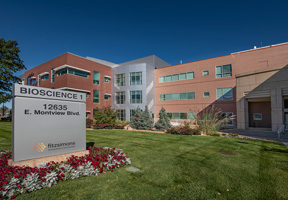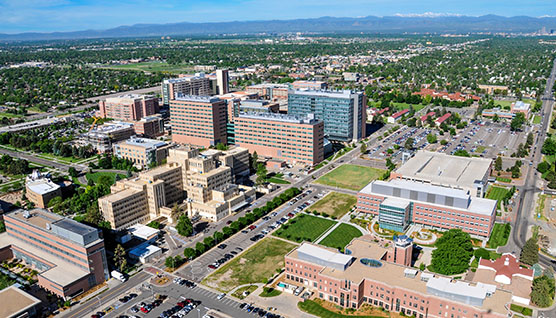
Atara Biotherapeutics Fosters Hope for Those Impacted by Cancer, Autoimmune Diseases
Atara Biotherapeutics is a leading allogeneic T-cell immunotherapy company pioneering the development of transformative off-the-shelf therapies for patients with serious diseases including solid tumors, hematologic cancers, and autoimmune diseases.
Q: Tell us about your company or organization.
A: Epstein-Barr virus (EBV) is a lifelong infection carried by approximately 95 percent of adults by age 40. Once infected, T cells are created to target and destroy EBV-infected cells. These T cells have unique characteristics that make them prime candidates for the creation of cell-based living medicines.
EBV has been linked to many cancers and autoimmune diseases. Atara’s novel EBV T-cell product candidates (known as allogeneic) are manufactured from unrelated healthy, living donors, stored in inventory, and delivered to patients with the goal to reinforce their immune systems to treat diseases that are EBVdriven, such as multiple sclerosis or EBV+ post-transplant lymphoproliferative disease, or treat blood cancers and solid tumors by modifying these cells with a chimeric antigen receptor (CAR).
Q: Describe your team culture. How does your culture shape what your company or organization produces or offers?
A: We are comprised of bold, collaborative innovators working to push the frontiers of medicine. With a mission of transforming the lives of patients with serious diseases through pioneering science, teamwork, and a commitment to excellence, our passionate team is committed to embedding our values of Transparency, Respect, Accountability, Integrity, and Trust (TRAIT) in all that we do.
Q: What are you working on right now?
A: Our platform aims to leverage the unique biology of EBV T cells to channel the power of the immune system to create a robust pipeline, including: tab-cel®, an EBV-specific T-cell immunotherapy, currently in Phase 3 clinical development for EBV-positive post-transplant lymphoproliferative disease (EBV+ PTLD) and other EBVdriven diseases; ATA188, a T-cell immunotherapy that targets specific EBV antigens and is a potential treatment for progressive forms of multiple sclerosis that is currently in Phase 2 clinical development; and multiple nextgeneration chimeric antigen receptor Tcell (CAR-T) immunotherapies for both solid tumors and hematologic malignancies built on our EBV T-cell platform with expected IND filings later this year. Improving patients’ lives is our mission with the goal to rapidly deliver treatments to those with high unmet medical need.
Q: How will your work save or change lives?
A: Cell and gene therapies are revolutionizing the treatment of many diseases and advancing personalized medicine approaches for patients. There has been a lot of emphasis on the development of cellular immunotherapies over the last decade, with autologous CAR T-cell therapies demonstrating efficacy, especially against some blood cancers. Patients with B-cell lymphomas and other similar cancers did not have a lot of hope in previous decades. Now, we are talking about how to overcome limitations with autologous therapies with off-the-shelf approaches. This allogeneic T-cell immunotherapy platform is versatile. It can be manufactured at scale and ready in advance of patient need. EBV T cells can be further enhanced with nextgeneration technologies with the aim to overcome the hostile tumor environment in solid tumors and help fight disease.
Q: Tell us about your team’s biggest breakthroughs. Infections which will be the focus of subsequent phase 2 and 3 trials. Finally, development of VCT-101 to be used as a human therapeutic has required subtle adaptations to the format tested in preclinical studies at CSU. Validus has identified stem cell innovations to allow for economically efficient and scalable means for production of VCT-101. This will be critical for clinical use and future coverage and reimbursement conversations.
A: Two landmark studies published in Science and Nature strongly suggest that EBV is the leading cause of MS. This is compelling news for the MS community because it points to a new avenue for potential treatments such as selectively targeting EBV-infected B cells and plasma cells. By pursuing an approach that is specifically targeting only EBV-infected immune cells and leaving non-infected healthy B cells alone, we may be able to halt or, for the first time, reverse some of the damaging autoimmune processes associated with MS.










